- Home | Industry Update | Green Breakthrough: Cottonseed Oil Innovation Promises Safer...
Green Breakthrough: Cottonseed Oil Innovation Promises Safer Future for Textile Finishing

A transformative step in sustainable textiles is emerging from North Carolina State University, where researchers have unveiled an eco-friendly solution to replace harmful chemical finishes on cotton fabrics. This innovation could end the long reliance on formaldehyde-based resins and PFAS chemicals widely criticized for their health hazards and environmental impact.
The breakthrough centers on epoxidized cottonseed oil (ECSO), created by modifying cottonseed oil, an often undervalued agricultural byproduct. ECSO bonds tightly with cotton fibers and self-links, forming a protective layer that is both wrinkle-resistant and water-repellent. Laboratory tests revealed that fabrics treated with ECSO achieved a water contact angle of nearly 125 degrees, in stark contrast to untreated cotton which absorbs water immediately.
The findings were presented at the American Chemical Society Fall 2025 meeting by graduate student Taylor Kanipe, under the guidance of Professor Richard Venditti. Professor Venditti emphasized that the technology not only performs well but also holds the potential to reshape industry practices. He underlined that ECSO is biodegradable, water-based, and designed to fit seamlessly into existing textile production lines, which enhances its commercial appeal.
Beyond performance, the innovation carries environmental and economic benefits. By turning cottonseed oil into a high-value material, the approach supports a circular economy while reducing dependence on toxic chemicals that linger in ecosystems. For cotton growers, it also offers an avenue to elevate the worth of a byproduct often overlooked in the supply chain.
If adopted on a large scale, ECSO could mark a decisive shift in the global cotton industry, driving it toward safer, cleaner and more sustainable production. This development represents not only scientific progress but also a practical pathway for aligning textile finishing with environmental responsibility.
04:43 PM, Aug 25
Other Related Topics
Industry Update

Kolkata Set to Become Textile Sourcing Hub as YARNEX and TEXINDIA Return in January 2026...view more

Carrington Textiles Introduces Defence Stock Range for Faster Access to Military Fabrics...view more

India’s Energy Giant to Reshape Textile Landscape with Advanced Polyester Hub in Bhadrak...view more
















1.webp)

1.webp)




1.webp)


1.webp)
1.webp)
1.webp)

1.webp)
1.webp)

1.webp)






1.webp)
1.webp)
1.webp)

1.webp)
1.webp)
1.webp)

1.webp)
1.webp)
1.webp)



1.webp)




1.webp)






1.webp)




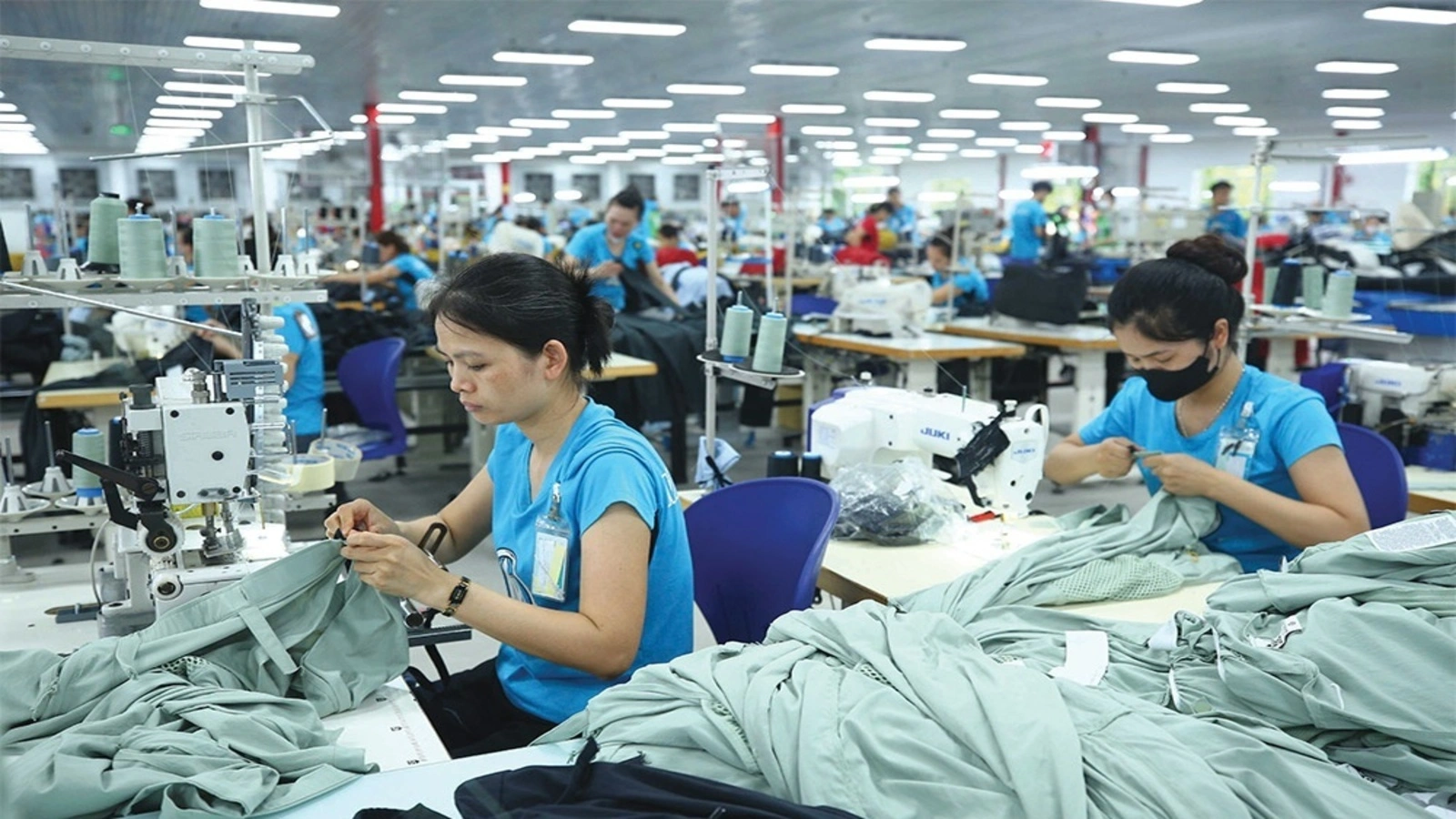



1.webp)
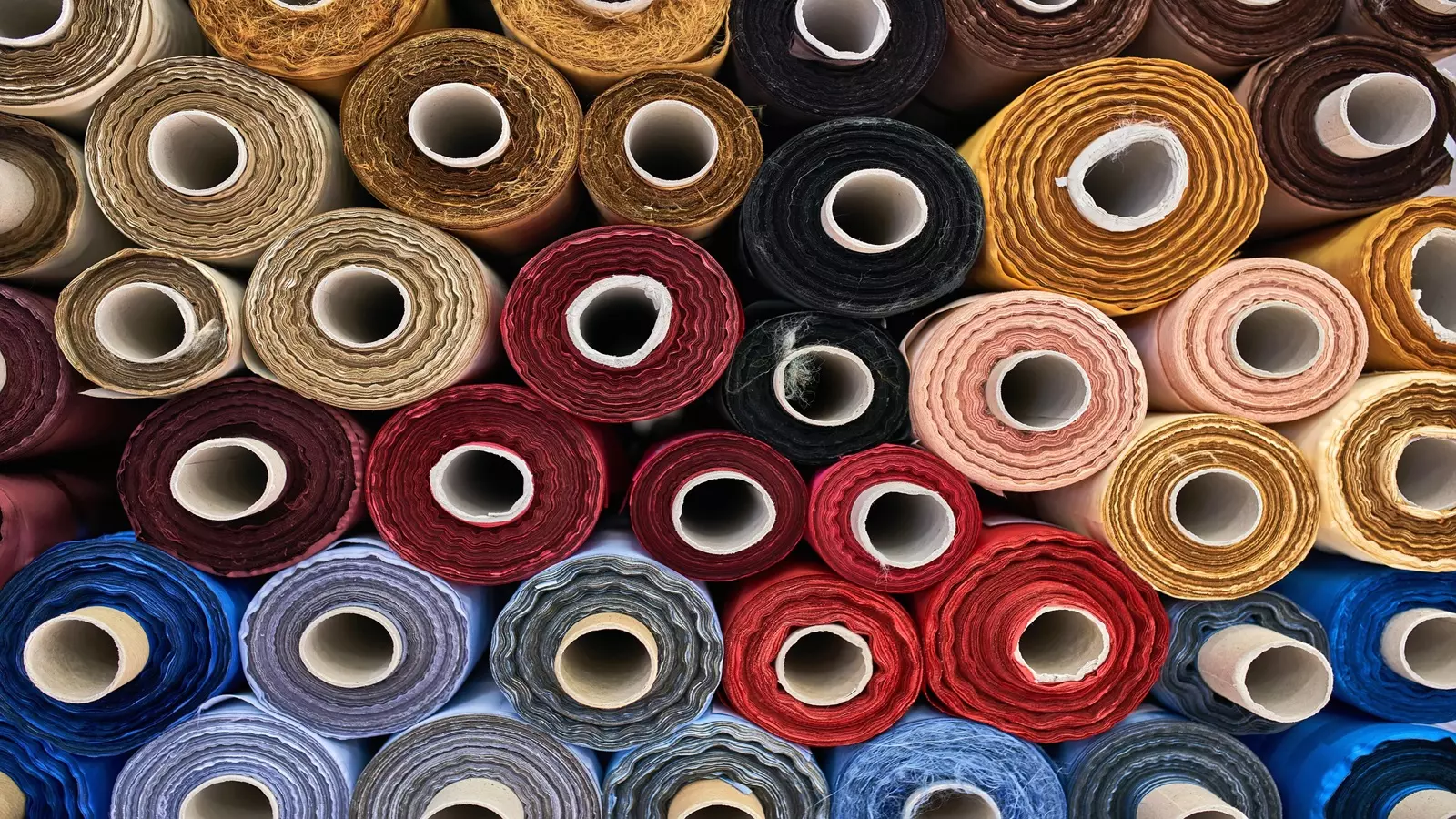




1.webp)



1.webp)
1.webp)
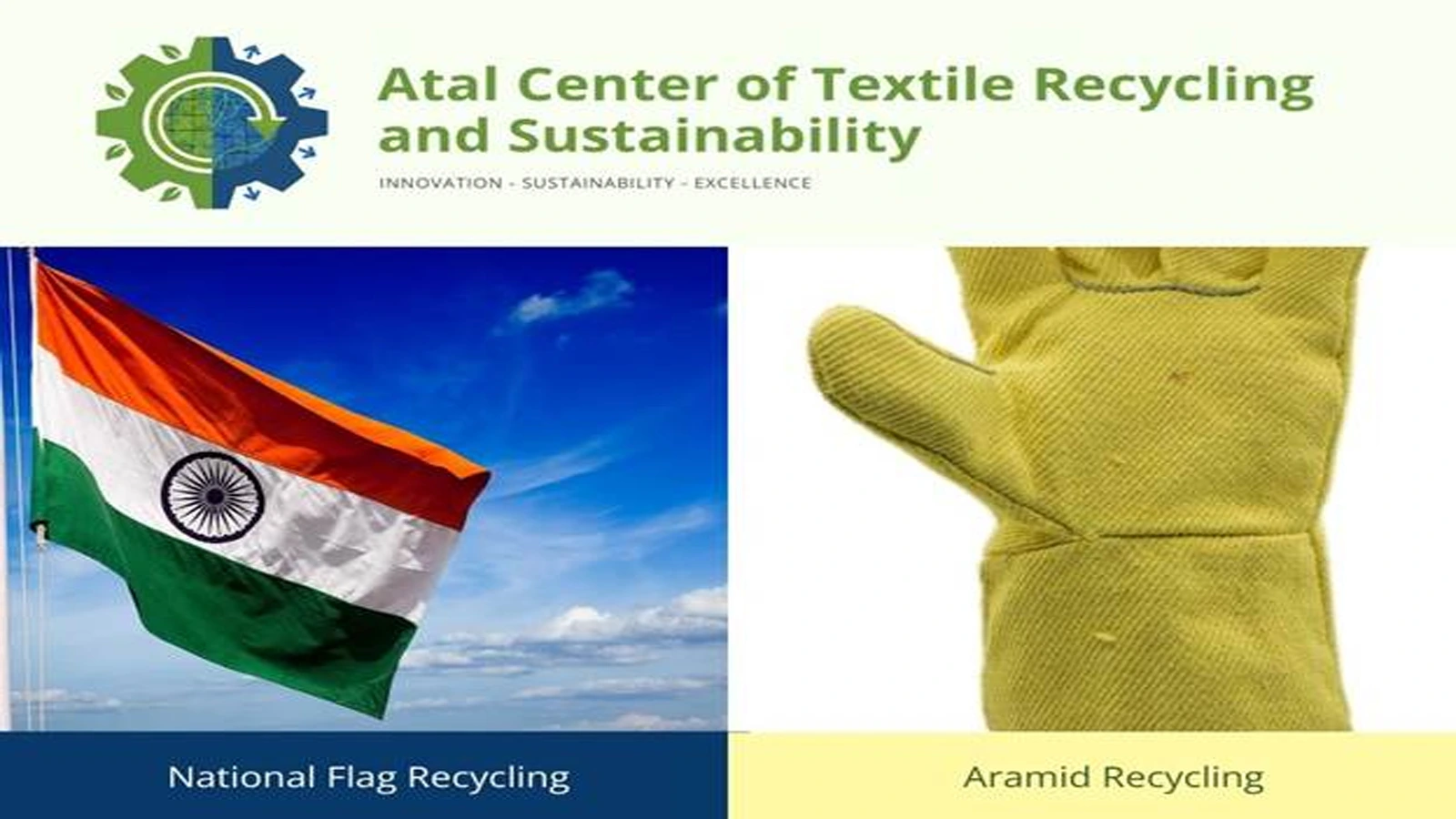
1.webp)

1.webp)

.webp)

1.webp)

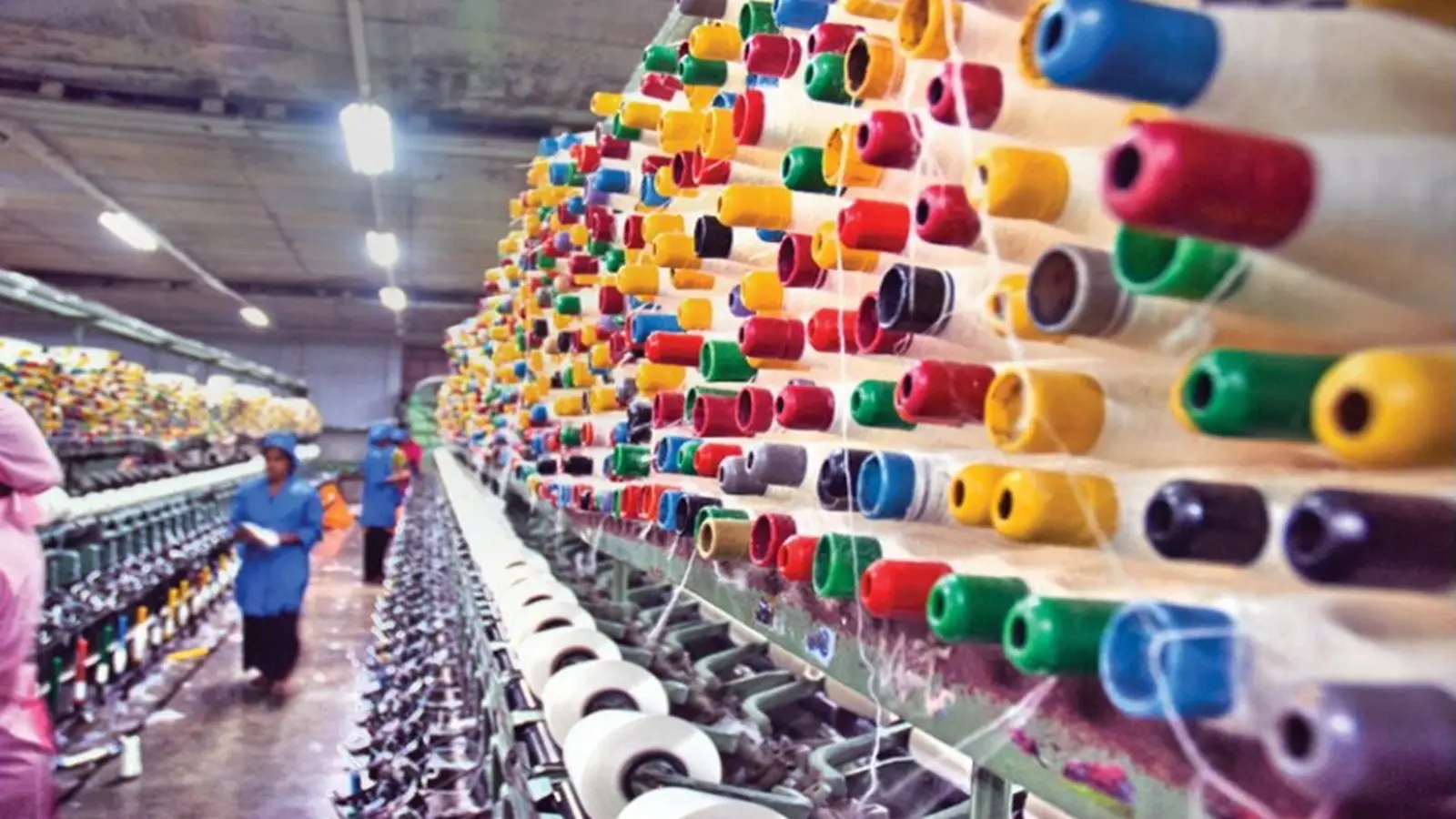
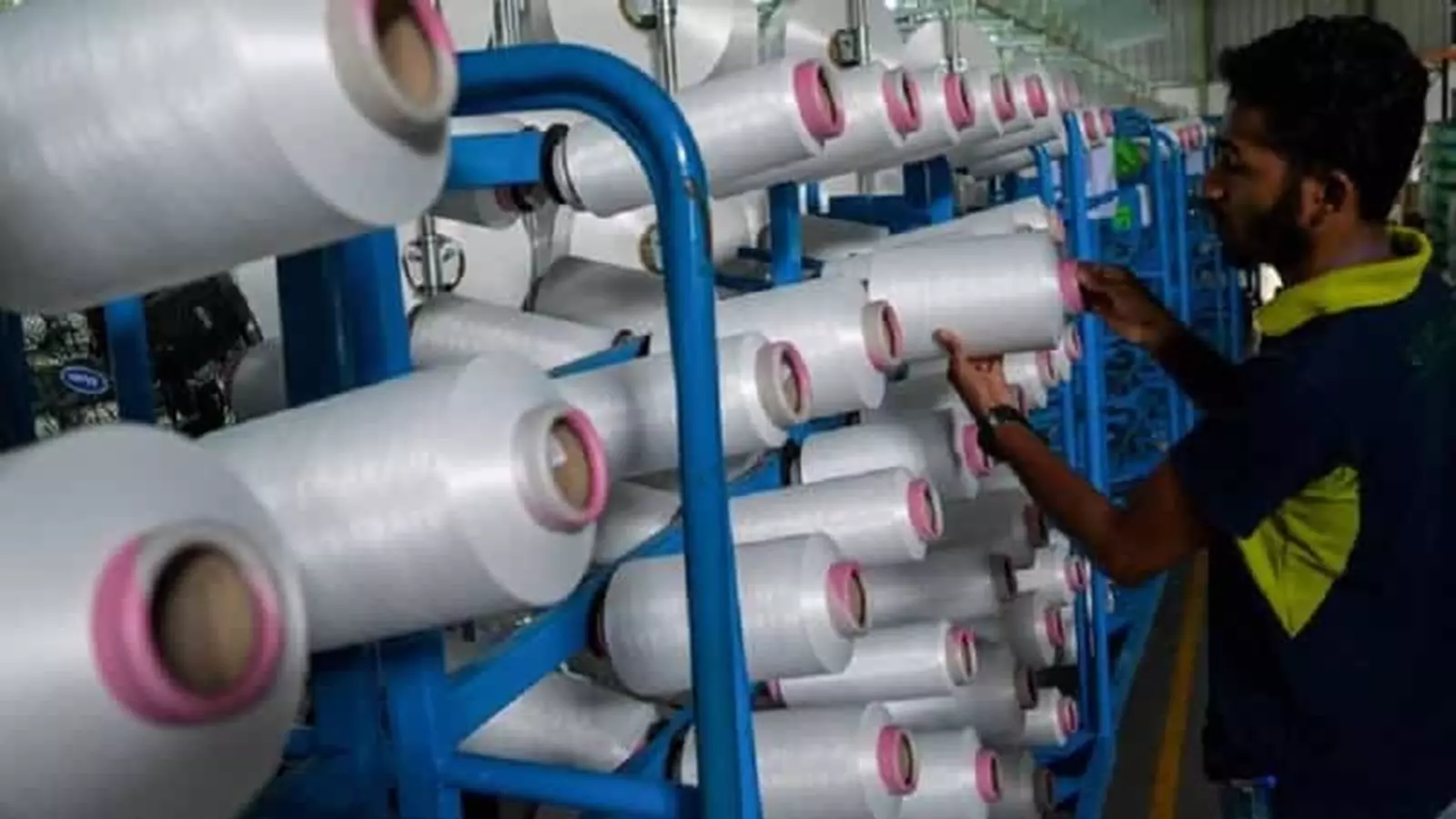

1.webp)







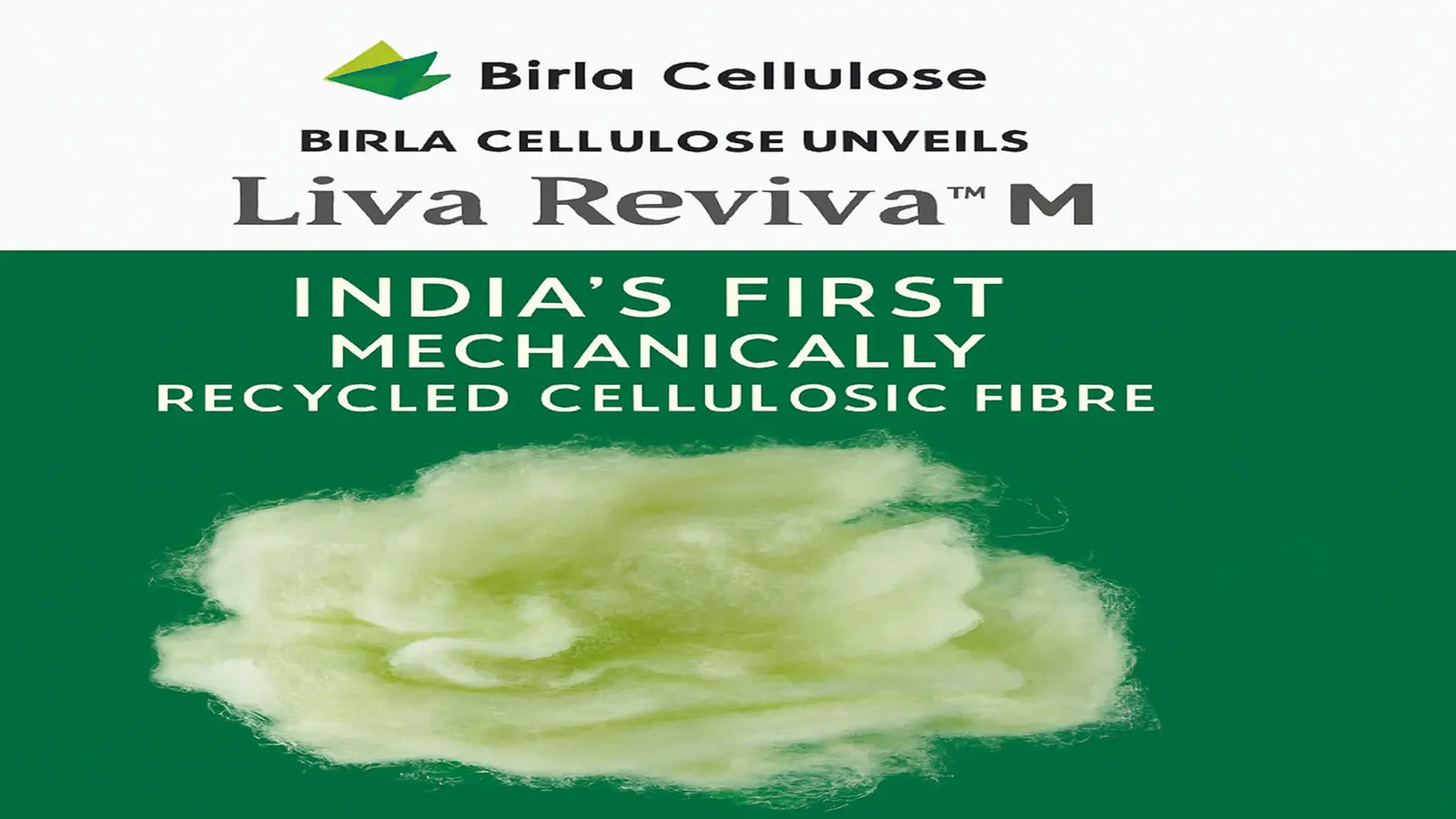






1.webp)











1.webp)
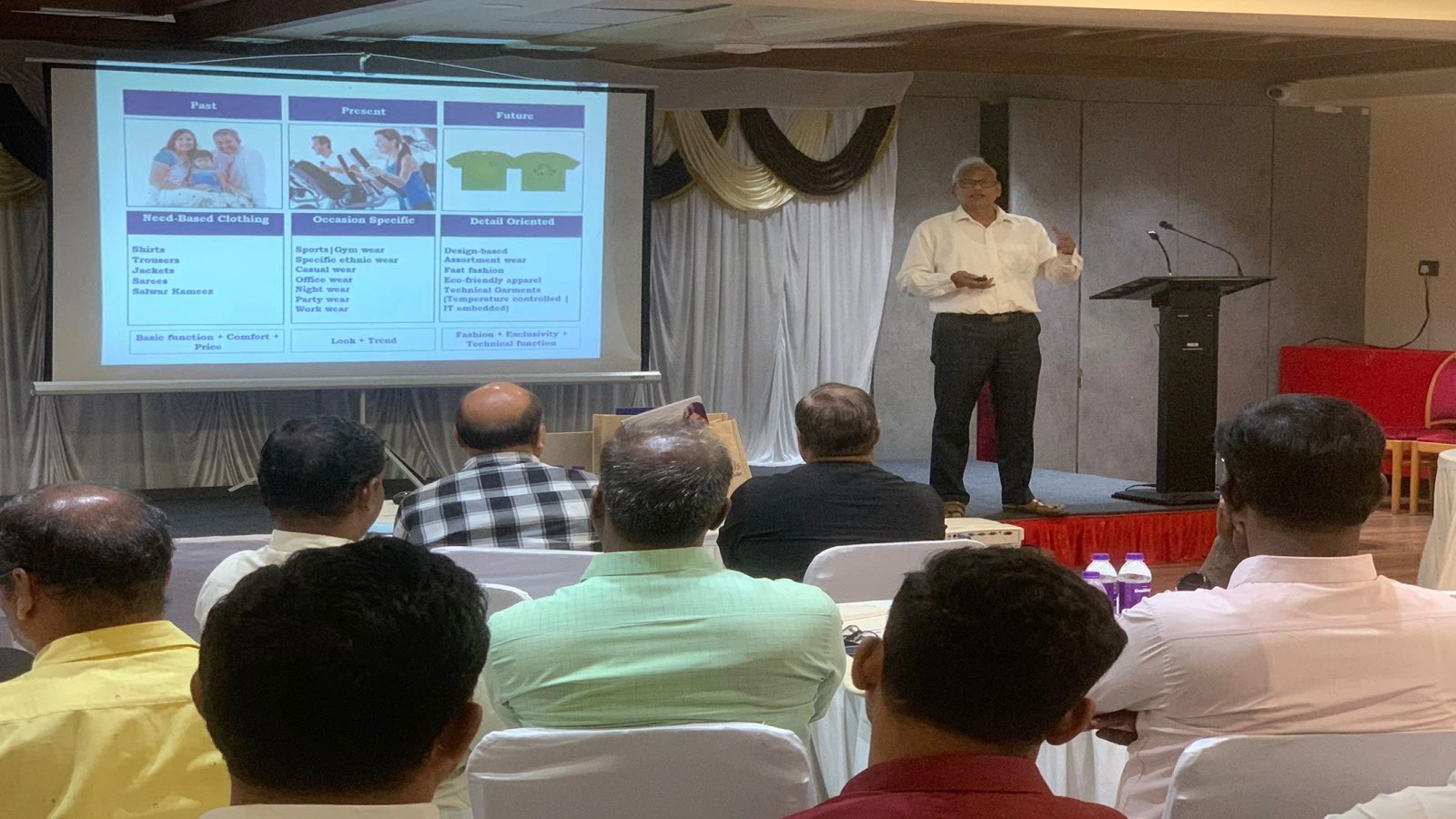



1.webp)

























1.webp)




















1.webp)




1.webp)
1.webp)













1.jpg)










































_large1.jpeg)














































.png)





.jpg)










1.jpeg)